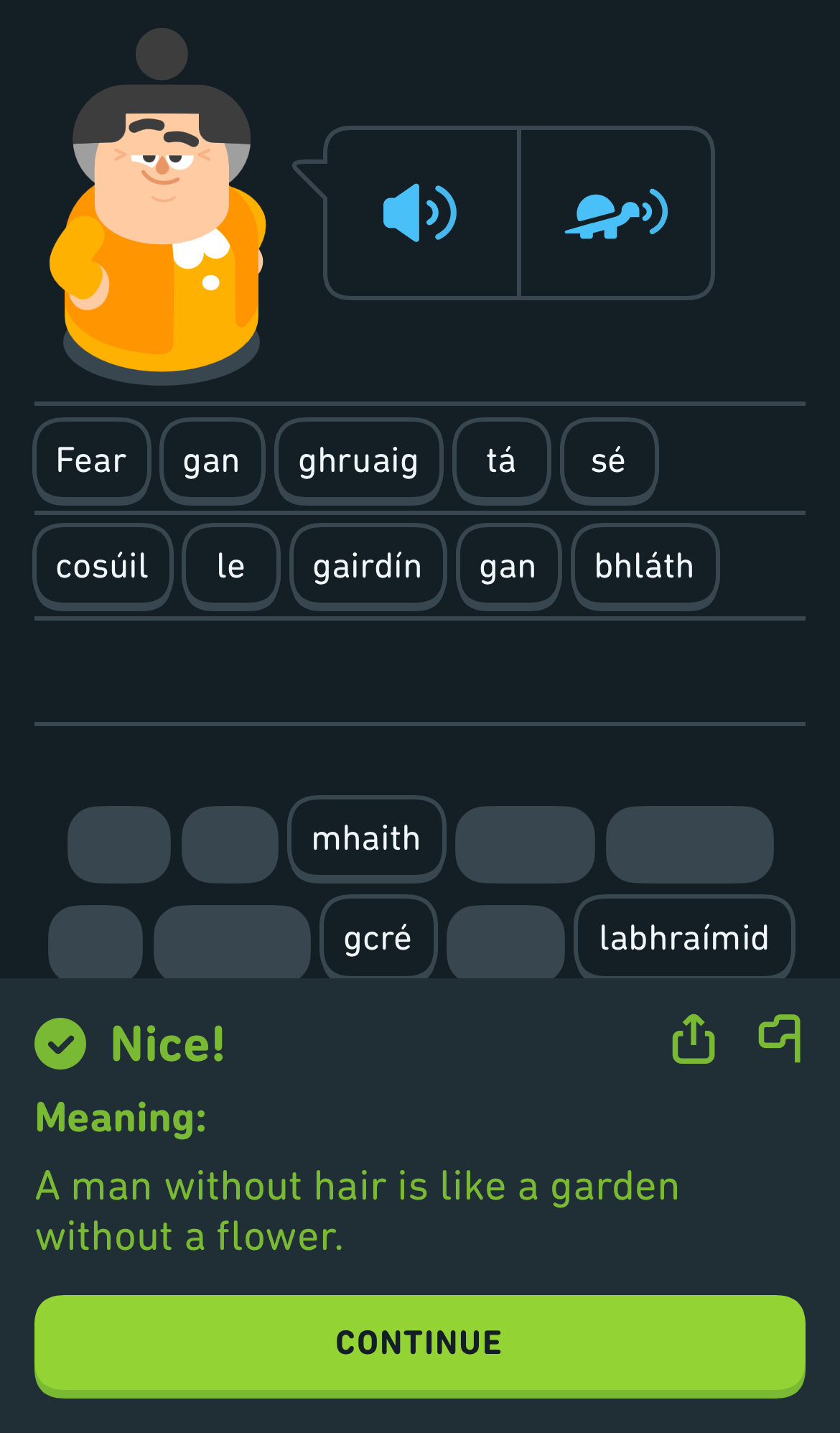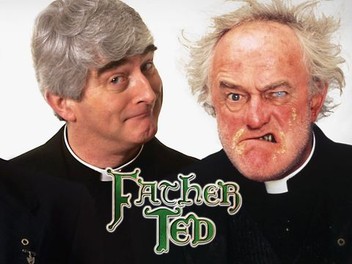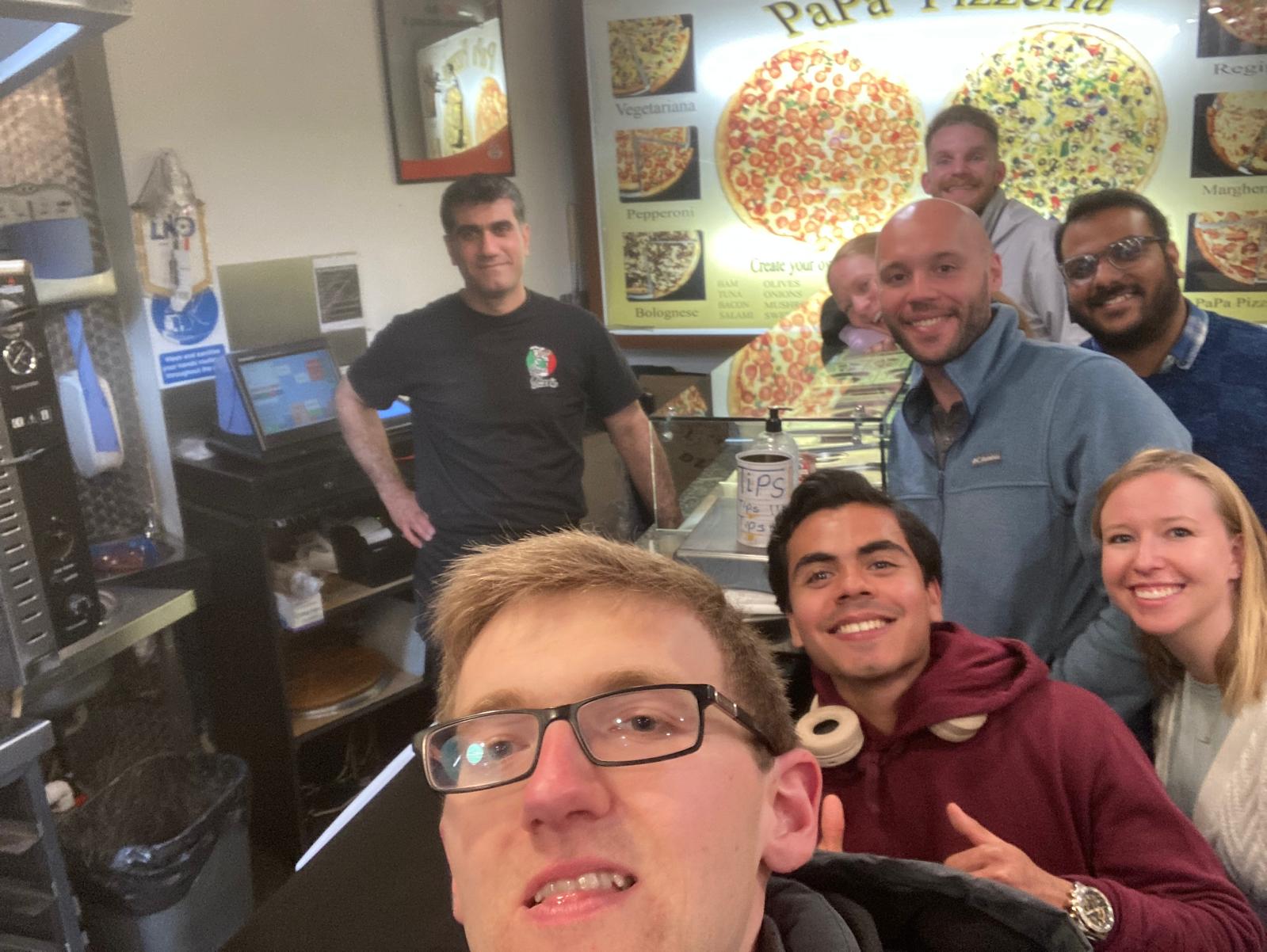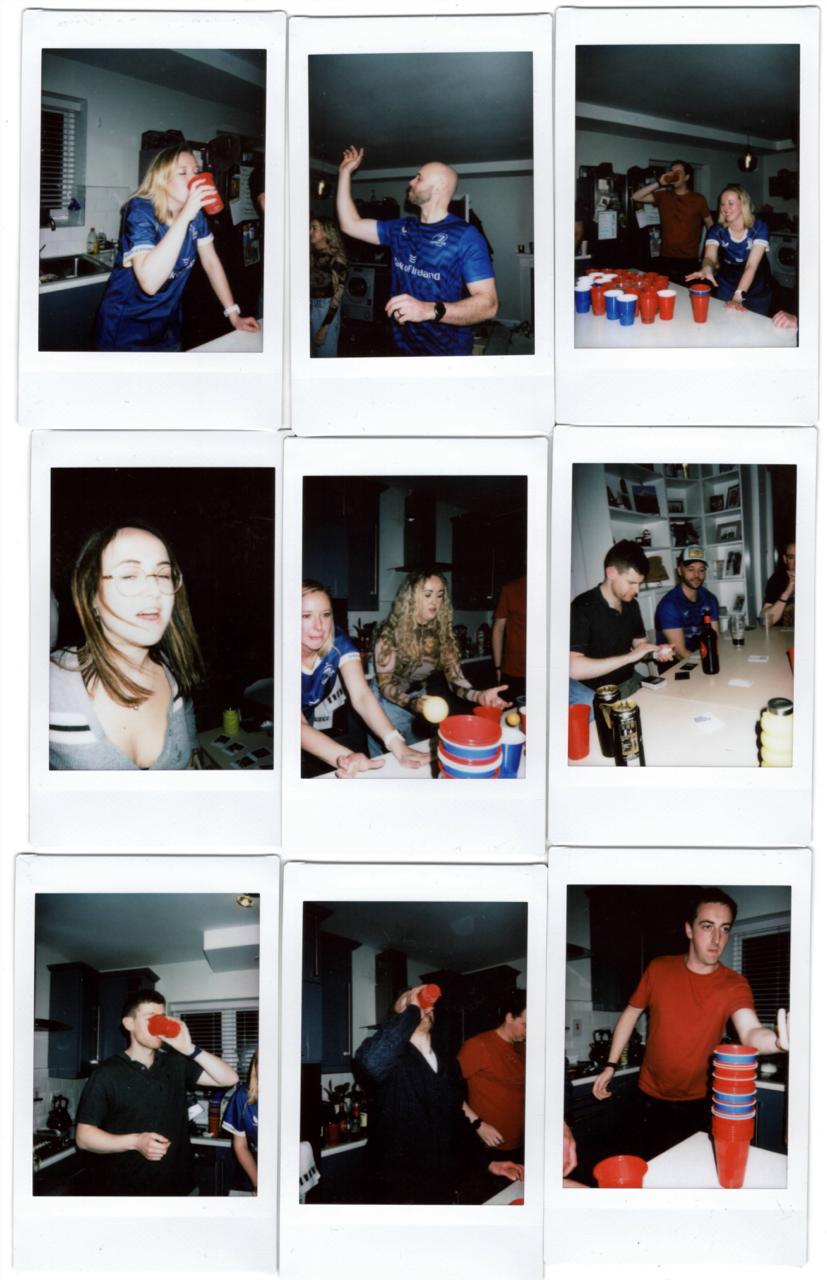Befriending cultural natives can be a particular challenge for expatriates, but we have managed to find community.
We have built a community among the Irish due in large part to our efforts to embrace the culture and the friendly and welcoming nature of Irish people. The process took some time, required us to explore different activities and groups, and pushed us outside of the comfort zone we had established over an entire life lived in one small corner of the world. It is amazing now to see the relationships we have developed which we hope will be lasting, lifelong friendships.
Embracing Culture
It is easy when visiting or first moving to a new place to view everything in reference to our own culture. While there are close historical, economic, and cultural ties between Ireland and the United States; Ireland is fundamentally a very different place. We have found that it is important to approach cultural differences from a place of interest and curiosity rather than judgment, to consider why the differences exist and how they relate to underlying cultural values.
History
To better understand Irish culture and people, we needed to learn about Ireland’s history. Ireland has a rich but also tragic history, which we have learned about through local museums, films, and books.
We have particularly learned about significant periods of Irish history that have shaped the culture including the Great Hunger (and broadly 800 years of British oppression), the Easter Rising and subsequent independence for the Irish Republic, the Troubles in Northern Ireland, and the more recent turmoil in the Irish economy and role of the Catholic Church.
Learning about the history has helped us to understand the culture of emigration, distrust for authority, and tempered expectations that we experience in Ireland today.
Language
In the course of the 800 years of oppression by the English, the historical Irish language (sometimes called Gaelic) was outlawed and nearly wiped out entirely. When the Irish Republic was established in 1922 they made significant efforts to revive the language, which continue today. Children in Ireland are required to study the language from primary school through to their leaving certification (secondary school exit exam).
The language still has quite limited use, with a relatively small number of Gaeltachts (primarily Irish-speaking communities) on the west side of the country. Even still, the language has a large influcence on the culture. Many Irish people would be proud to have their “cúpla focal” (few words) in the Irish language and would freely mix small words or phrases into an otherwise English-language conversation, not unlike the common use of Spanish and French words in the American vernacular.
About a year ago now I started learning the language myself on Duolingo, and then got Marisa to join me. We have enjoyed the challenge of learning the language, trying a few words on our friends, and making connections between the language and the culture.

Entertainment
Another fun way we have experienced Irish culture is through entertainment. While I was not entirely convinced the first time Marisa turned on Derry Girls months before we moved here, we have come to appreciate and relate to many Irish television series and comedians. One quirky program that is notable in Irish culture is Father Ted, a sitcom about a group of dysfunctional priests living on a remote island in western Island. More recently, we enjoyed watching Bad Sisters and recognising a number of notable Dublin sites.

The all-powerful algorithms have also served up a number of Irish comedians, some of whom we have even had the chance to see live at local comedy clubs and festivals.
Finding Community
To truly experience and place and a culture, you need to get to know the people. As we were preparing to move to Ireland, many former expats we spoke to shared their own challenges in getting to know the locals due to long-established social networks, cultural differences, and the temporary nature of their assignments. This set our expectations for friendship and community during our time abroad somewhat low, and it did take time to establish a network of friends and connections in Ireland.
Church
From our first week in the country we have been involved with City Church Dublin, which has been a great source of community and friendship. It is a relatively young church, and we appreciate their emphasis on having events and opportunities to connect throughout the week beyond the Sunday service itself. It is, however, primarily a “foreigner” church - there is a small minority of the attendance from Ireland itself. This has given us the opportunity to learn about other cultures and experience Ireland in a different but equally valuable way: from the perspective of other immigrants and expatriates.

We love the church and our community group that we see most weeks, but also knew from early on that we would likely need to expand our circle to connect with more native Irish and experience the culture.
Searching
Outside of church and work, which were helpful in getting connected but were also more suited to me than Marisa, we spent a number of months trying to learn how to make friends again. Growing up around Portland and going to Oregon State, social connections were readily accesible and we had mostly maintained the same friends for the past decade or so. Getting out of our comfort zone and meeting new people in our 30s in a new city proved to be a challenge initially.
We went to meetups, attended events in the city, and hung out at pubs and restaurants, but none of those settings yielded the type of community or relationships we were hoping for. After asking a few local friends and exploring our options, we found an excellent way to make friends and build community through recreational sport: tag rugby.
Tag Rugby
On the advice of a coworker, we signed up as individuals for the “social” team in a local tag rugby league. We showed up and quickly found that the other members of the team were from all around Ireland, and we were the only foreigners to sign up.
Within a few months the group of us, few of whom knew each other before joining the team, were great friends. We play rugby each week, but are all really there for the friendship and pints at the local pub after the match. We often meet up on the weekends for a night out and have even done trips with members of the team.
In the last few months we have had the team to our apartment to have dinner, play games, and enjoy a few drinks.

Closing Thoughts
While we will never be properly Irish and do not plan to live in Ireland forever, embracing the culture and developing community during our stay in Dublin has provided an amazing experience for us. Learning about Ireland has given us new perspective, and we wil cherish the friends we have made for the rest of our lives.